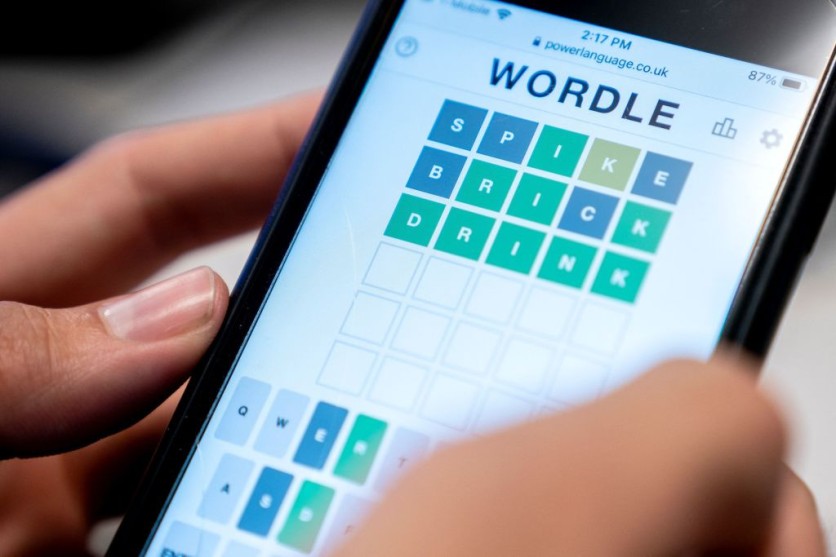In the world of Wordle, where players endeavor to solve a target five-letter word within six attempts, a mathematical anomaly has raised eyebrows.
According to James P. Dilger, a professor emeritus at Stony Brook University and a Wordle enthusiast, a trend of players achieving remarkable success on their first guess has ignited suspicion, Science X Network reported.

'Wordle: A Microcosm of Life'
Wordle, initially conceived by software engineer Josh Wardle as a diversion during COVID restrictions's early stages, has since gained popularity.
The New York Times' acquisition of the game in January 2022 catapulted its user base to 3 million, with a staggering 2 million engaging in daily play.
Wordle's reach also extends to 50 languages worldwide. Dilger's intrigue was piqued when scrutinizing the daily statistics released by The Times.
He observed an unusual number of players consistently hitting the mark with their initial guess. It prompted Dilger, a self-professed science enthusiast, to delve deeper into the data. Dilger embarked on an investigative journey by importing four months' worth of user guess statistics into an Excel sheet.
The game's repository encompasses 2,315 words, sufficient for half a decade of play. Despite the English language boasting over 12,000 five-letter words, The Times filtered out the more obscure selections.
Dilger's calculations unveiled that the chances of randomly guessing the target word for a given day stand at a mere 0.043%, equating to approximately 860 players.
Curiously, The Times' data consistently demonstrated that the number of players accurately guessing the word on their first attempt never fell below 4,000.
Even after factoring in the 800 words already utilized from the master list, Dilger emphasized that the likelihood of an accurate first guess remained modest, at 0.066%.
Dilger underscored the improbability of users stumbling upon words like "nanny" and "igloo" in their initial attempts. Ideal guesses comprise words with distinct characters and abundant vowels.
"Nanny" defied this logic, featuring repetitive characters and a lack of vowels, while "igloo" presented a rare choice with minimal vowels.
Read Also : Squabble vs. Wordle: New Game, Same Principles-But Lets You Play with Opponents in Real-Time
Wordle 'Cheaters'
In light of these peculiarities, Dilger could not help but label these players as "cheaters." However, he refrained from delving into the motivations behind this behavior, asserting that perhaps many players find solace in overcoming a hurdle with a bit of assistance.
"We are baffled as to how first-word cheaters actually have fun playing," Dinger said. "But that does not diminish our enjoyment of the game."
Ultimately, Dilger's observations bring to light a curious facet of the Wordle phenomenon, prompting contemplation about the diverse approaches players adopt in their quest for linguistic triumph.
His findings, outlined in the report "Wordle: A Microcosm of Life. Luck, Skill, Cheating, Loyalty, and Influence!" surfaced on the preprint server arXiv on September 6.
Related Article : 'Wordle's' Harder Version 'Scholardle' is For Those Who Are Up For Academic Challenges | Here's the Twist

ⓒ 2026 TECHTIMES.com All rights reserved. Do not reproduce without permission.




